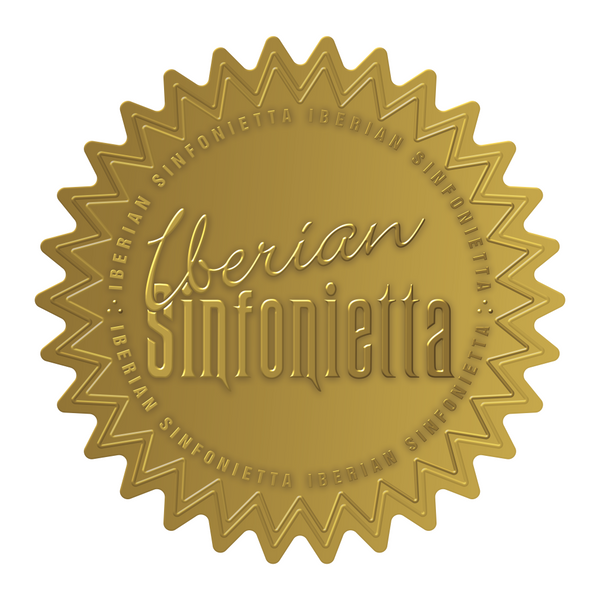DIVERTIMENTO, ONE OF THE PROTAGONISTS OF OUR NEXT CONCERT

Dear public,
On November 27, next appointment
We begin our journey towards our next appointment on November 27, at 8:00 p.m. at the Peace Palace in Fuengirola. On this occasion we will have the opportunity to attend the performance of three works that are in themselves a musical and aesthetic enjoyment.
Musical enjoyment because the Iberian Sinfonietta orchestra, as could be seen in the last September event, is in a sweet and aesthetic moment, among other things because of the approach. We explain ourselves.
At Iberian Sinfonietta , we are committed to the knowledge of great works by great authors or some less known ones, but always about what has been called the classical field, or academic music, we understand that there is a lot of repertoire left to know within the so-called classical music, they are works that are not usually programmed or semi-unknown to the general public but that are of fundamental beauty and interest and one of our objectives is to enhance them.



Divertimento in F Major, KV. 138
Divertimento is a musical form born in the 18th century. It tries to “amuse” or recreate itself around a series of ideas and musical developments. The origin could perfectly well be the Baroque Suite, which was a set of short compositions, of dances that were performed together creating a work. Entertainment has the same philosophy, but it is even freer, since it does not focus on dances or any other criteria, other than the taste of the composer, who uses musical materials that he understands come to life together and that everything in itself deserves understand the same work. It is therefore a form that was very popular during the 18th century, but then immediately, the authors and the public began to opt for other forms, which does not mean that Divertimentos continue to be composed to this day, such as the one composed by Leonard Bernstein in 1980.
One of the authors who used the most and really breathed life into Divertimento was Boccherini, the Italian Maestro living in Madrid, who has left us so many wonderful pages of music. Mozart's father, Leopold, also frequently composed Divertimentos. But really, the genre acquires all its splendor with Haydn and Mozart.
At the Concert on November 27, we will begin the program precisely with the Diversion in F Major KV. 138 by Mozart, surely one of the most interesting for its contrasts with bright, calm and agitated passages. It will be a pleasure, not to be missed.
Jorge Rodríguez Morata
Pedagogical content coordinator
